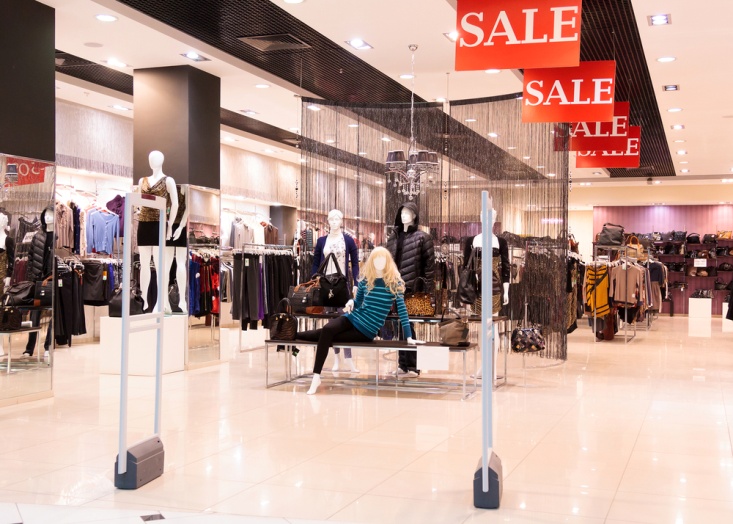Where do you go when it is time to buy a new dress or a couple of pairs of jeans? If you live in Salt Lake City, Utah, you might pop on over to The Stockist, a trendy boutique popular with the millennial crowd. On the other hand, you might prefer shopping at local department stores. Perhaps you shop at both.
There are plenty of differences between fashion boutiques and department stores. Some of the differences are easily seen while others are hidden just under the surface. Do you prefer one over the other? And if so, why? It would be interesting to do an anthropological study explaining why people shop for clothing in the way they do.

Small vs. Large
One of the first things you notice among fashion boutiques and department store is the size difference. Fashion boutiques are, by design, much smaller. Some are so small that their entire retail floor areas could fit inside a single department at a big box department store.
Smaller size gives the local boutique a more intimate and personal feel. It also allows ownership and sales personnel to become more acquainted with customers. On the other hand, more retail floor space at the department store means more room for a larger inventory.
Clothing Selection
Speaking of larger inventory, department stores obviously offer a greater number of selections. Where a fashion boutique might carry just one or two brands of jeans, for example, a department store could carry seven or eight. Then there are different styles within each brand. The reality of the fashion boutique is that inventory selection is not as great.
Where boutiques have the advantage is in the actual brands they sell. Boutiques are more likely to carry lesser-known brands that are hard to find in department stores or online. These tend to be smaller labels that focus on a particular audience or follow a unique business model.
Differing Company Ideals
One of the things that sits just below the surface is the difference in company ideals. Your average department store is part of a chain owned by a corporate entity. Its company ideals are rooted in the desire to offer customers the widest possible selection at the lowest possible price. To ownership, the strength is the company itself.
A small boutique is more likely to be keenly focused on core products. Ownership might be extremely passionate about a particular brand or style. For smaller boutiques, the strength of what they do lies in the products they sell. Their business models are more focused around the core concepts of fashion, style, and the audience their featured brands are targeted toward.
Retail Pricing
It is obvious that there is a big difference in pricing between fashion boutiques and department stores. The department store has an advantage in scale. In other words, because department store chains can buy so much volume from manufacturers, they get better prices and they can charge lower retail prices as a result. Department stores also tend to pay less overhead as a percentage of total volume.
Smaller boutiques deal in lower volumes. They do not get such low wholesale prices, so their retail prices have to be higher. And unfortunately, small boutiques have an awful lot overhead to deal with as well. They have to charge higher prices to cover overhead costs.
Neither the fashion boutique nor the department store is necessarily better. From a customer’s standpoint, it is really a matter of preference. Thank goodness we have access to both. If we didn’t, some clothing shoppers would be left out in the cold.